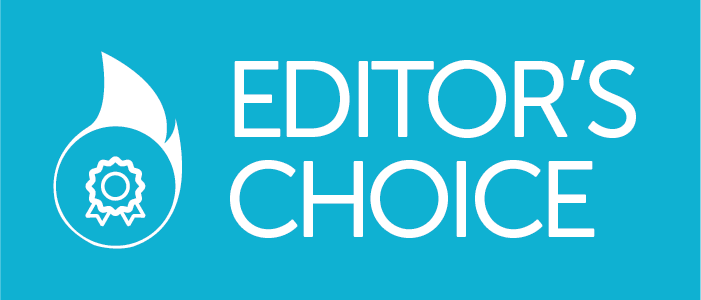Happy Friday!
September is a packed with rare disease awareness, as we’ve been featuring all month long. We wanted to make sure to draw attention to Dystonia Awareness Month, which is also currently happening now. Dystonia is a neurological condition characterized by involunatry, often repetitive movements that can make it difficult for patients to exert bodily control. The condition is sometimes painful and can look quite different depending on the person. If you’d like to help spread awareness about Dystonia, the Dystonia Medical Research Foundation has put together a great bingo card challenge for their annual Dystonia Moves Me campaign.
In this weeks Editor’s Choice, we have the results of a study that examines the financial burdens placed on Multiple Sclerosis patients. We also have information about why women are more likely to experience chronic pain than men. And finally, your child with a neurological condition is turning 18. What’s next in this important transition to adulthood and what can it mean for their continued treatment? We hope you enjoy your weekend.

Study: Insight Into the Financial Burden on MS Patients
Knowing how to help treat your disease and being able to afford those needs are two different questions.

Why Are Women More Likely to Experience Chronic Pain?
Not only are women more likely to experience chronic pain, but their pain lasts longer, is more frequent, and is more severe when compared to men.

Your Child with a Neurological Condition Is Turning 18. Now What?
As the youth transition into adulthood and begin to take care of their own medical needs, the hand-off can be tricky.






